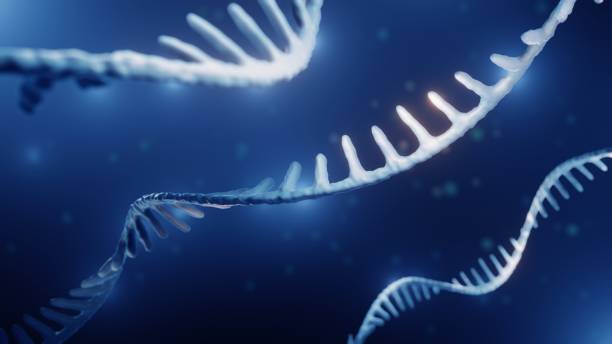Dissecting the Role of Epigenetics in Optimal Health and Wellness
The study of epigenetics is blazing a trail in the health and wellness sector, offering fascinating insights into how our behaviors and environment can impact our genetic makeup. Delving into the world of DNA modification, this article explores the crucial role of epigenetics in enhancing our overall wellbeing. With expert-backed insights and cutting-edge research, we aim to demystify this complex scientific field, making it accessible and relevant for everyone.

Epigenetics: A Detailed Background
Epigenetics, derived from the Greek word ‘epi’ meaning ‘above,’ refers to modifications in gene expression without altering the underlying DNA sequence. This revolutionary field of study emerged in the mid-twentieth century, fundamentally changing our understanding of genetics. It was Conrad Waddington, a British developmental biologist, who first coined the term in 1942, amalgamating genetics with embryology. Since then, epigenetic research has evolved significantly, uncovering the dynamic interaction between our genes and lifestyle factors like diet, stress, and physical activity.
The Epigenetic Perspective: Current Health Trends and Insights
Emerging studies are shedding light on how epigenetic changes can influence our health. They suggest that lifestyle modifications and environmental factors can alter our epigenome, potentially impacting a range of health outcomes. These discoveries are forging a path for personalized health interventions, enabling us to tailor wellness strategies based on individual genetic profiles.
Benefits, Challenges, and Credibility of Epigenetic Practices
Epigenetic practices involve lifestyle modifications designed to positively influence gene expression. This includes balanced nutrition, regular exercise, stress management, and adequate sleep. Research underscores the potential benefits of these practices, linking them to improved mental health, increased longevity, and reduced risk of chronic diseases. However, the field also faces challenges. Interpreting epigenetic data is complex and requires sophisticated computational methods. Moreover, while the science is promising, more long-term, large-scale studies are needed to fully understand the potential of epigenetics in wellness practices.
Epigenetics in Action: Practical Tips
- Balanced Nutrition: A diverse and balanced diet rich in fruits, vegetables, lean proteins, and whole grains can positively influence your epigenome.
- Regular Exercise: Physical activity prompts epigenetic changes that can boost your metabolic health and cognitive function.
- Stress Management: Mindfulness practices, such as meditation and yoga, can counteract negative epigenetic changes associated with chronic stress.
- Adequate Sleep: Quality sleep is essential for various epigenetic processes, helping maintain optimal health.
Epigenetics: The Key to Personalized Wellness?
Epigenetics is helping to redefine our approach to health and wellness. By understanding how our lifestyle can influence our genes, we can make empowered choices to optimize our wellbeing. As more research unfolds, we may see a shift towards personalized wellness strategies tailored to our unique genetic makeup. The potential of epigenetics is vast and exciting, promising a new era of health and wellness grounded in our own genetic code. The future of health, it seems, is not just in our genes, but in how we choose to live our lives.






